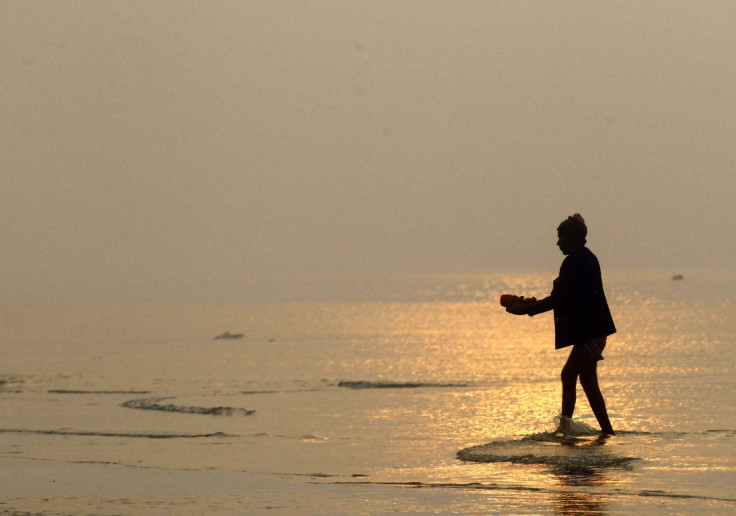Sacred Indian rivers Yamuna and Ganges get same legal rights as humans
The Uttarakhand High Court's ruling will help preserve and conserve the polluted rivers.
In a landmark ruling by an Indian court, two of the country's sacred rivers – the Ganges and Yamuna – have been given the status of "living human entities". On Monday (20 March), the Uttarakhand High Court in northern India said that the ruling will help in preserving and conserving the two rivers.
Judges Rajeev Sharma and Alok Singh said the rivers and their tributaries be declared "legal and living entities having the status of a legal person with all corresponding rights, duties and liabilities".
The legal status means both rivers will have all fundamental rights that are available to a person under the Indian constitution. And the law will view anyone harming or polluting the rivers no different from harming an actual human.
The ruling states that two top officials in the state are appointed as "legal guardians" of the rivers, who will work to protect, preserve and conserve the water bodies and its tributaries.
Both the Ganges (locally known as Ganga) and Yamuna rivers are considered goddesses by Hindus across the world.
According to local media reports, the Indian court's decision was based on a similar ruling in New Zealand that gave the 145km-long Whanganui River – revered by the indigenous Maori people – legal rights as a human.
The case came up in the Uttarakhand High Court after officials filed a petition against local governments in the state and Uttar Pradesh alleging that they were not cooperating with the federal government's efforts to set up a panel to protect the rivers.
The ruling also ordered that the local government set up the Ganga Management Board to begin cleaning and maintaining the rivers within three months as the rivers had become highly polluted due to industries and rapid urbanisation.

© Copyright IBTimes 2024. All rights reserved.






